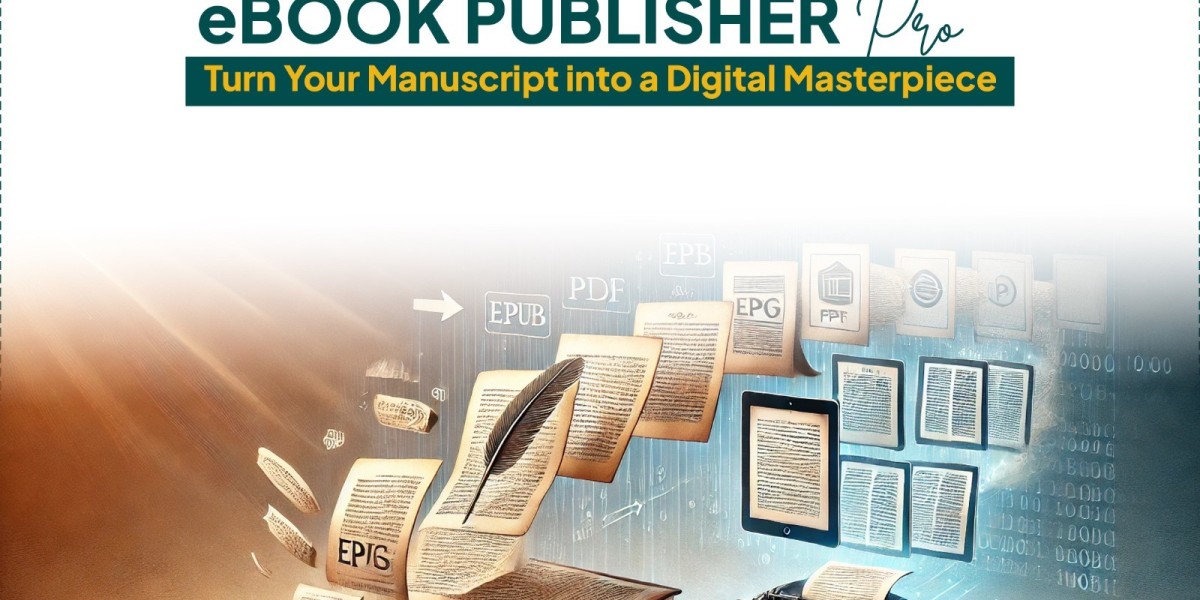In the world of literature, book publishers are the engines that drive a manuscript from concept to completion. They’re not just responsible for printing books—they play a critical role in shaping, producing, and marketing stories that connect with readers. For authors, understanding what book publishers do and how to work with them can be the key to long-term success.
Whether you’re a new writer or a seasoned author, choosing the right Book publishers can make all the difference in your publishing journey.
What Do Book Publishers Do?
Book publishers are responsible for every stage of the book production process. Their core tasks typically include:
Manuscript Selection: Publishers review submissions and choose books that align with their target audience and market potential.
Editing and Proofreading: They assign professional editors to refine the content, correct grammar, and ensure quality.
Book Design: Publishers handle both cover design and interior formatting, ensuring the book is visually appealing and aligned with its genre.
Printing and Digital Formatting: Whether it’s a hardcover, paperback, or ebook, publishers prepare the book for production and distribution.
Distribution: They manage the logistics of getting books into online stores, libraries, brick-and-mortar bookstores, and international markets.
Marketing and Publicity: From promotional campaigns to author interviews and book signings, publishers create visibility and demand for the book.
The goal is simple: help the book reach as many readers as possible while maintaining professional standards.
Types of Book Publishers
There are several types of book publishers, each offering unique opportunities for authors:
Traditional Publishers
Large publishing houses like Penguin Random House or HarperCollins fall into this category. They typically offer contracts with advances and royalties. Traditional publishers take care of everything, but are selective and usually require a literary agent.
Independent (Indie) Publishers
These smaller publishers often specialize in specific genres or themes and are more open to new authors. They may offer greater flexibility and a more personal approach.
Hybrid Publishers
A middle ground between traditional and self-publishing. Authors invest in services (editing, design, etc.) but often retain more rights and receive higher royalties.
Academic and Educational Publishers
These publishers focus on textbooks, scholarly journals, and professional resources for schools, universities, and research institutions.
Why Work with a Book Publisher?
Partnering with a book publisher offers several advantages:
Expertise: Access to a team of professionals who know what works in the publishing world.
Credibility: Being published by a reputable company can boost your reputation and help establish your author brand.
Broader Reach: Publishers have established networks and channels to reach bookstores, libraries, and international readers.
Focus on Writing: While publishers handle production and promotion, you can concentrate on what you do best—writing.
Final Thoughts
Book publishers are essential to the success of many authors. They bring experience, resources, and connections that can significantly elevate your work. Whether you're aiming for a traditional publishing deal or exploring smaller indie options, finding the right publisher is a crucial step toward getting your story into the hands of readers.






